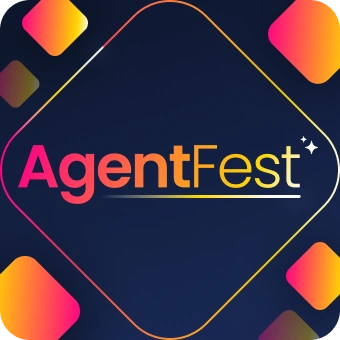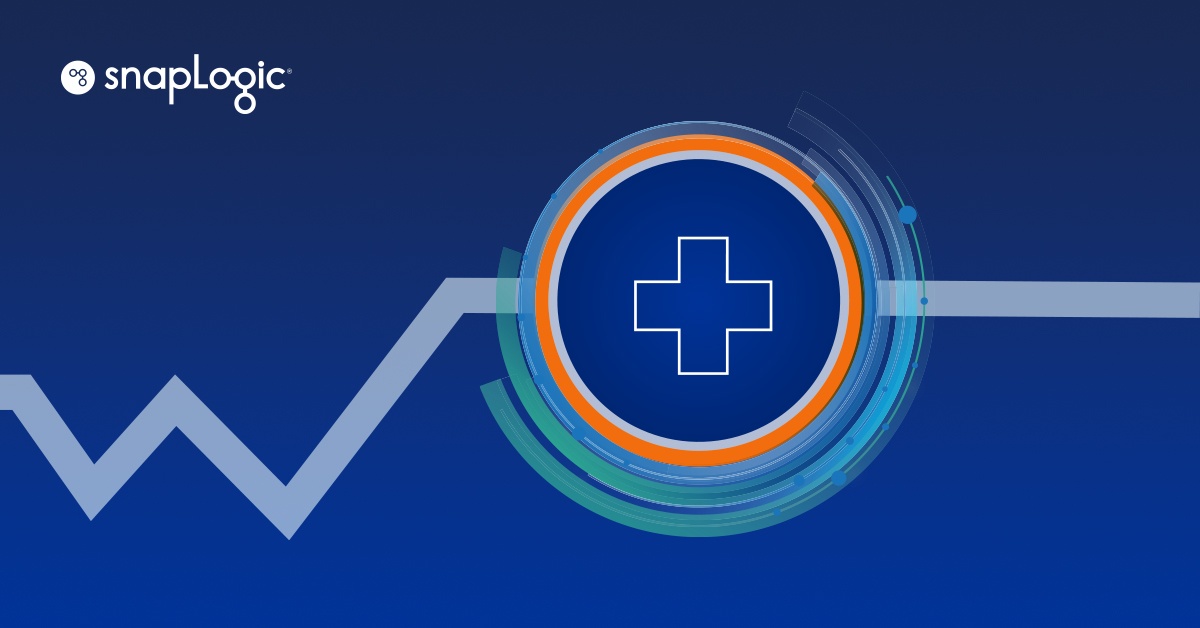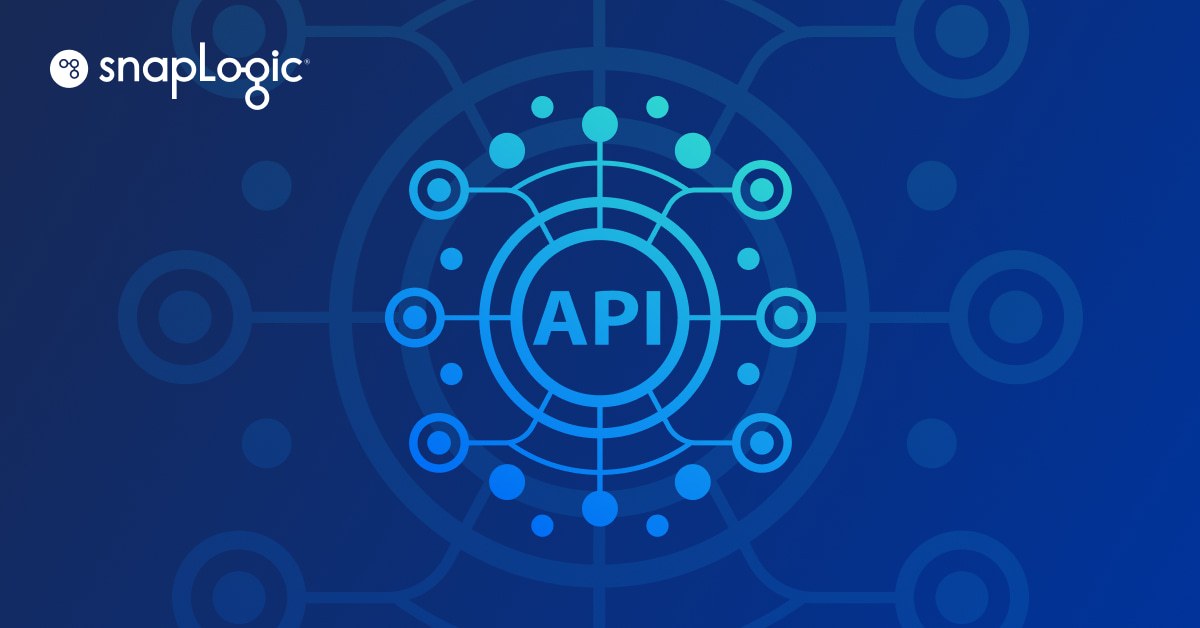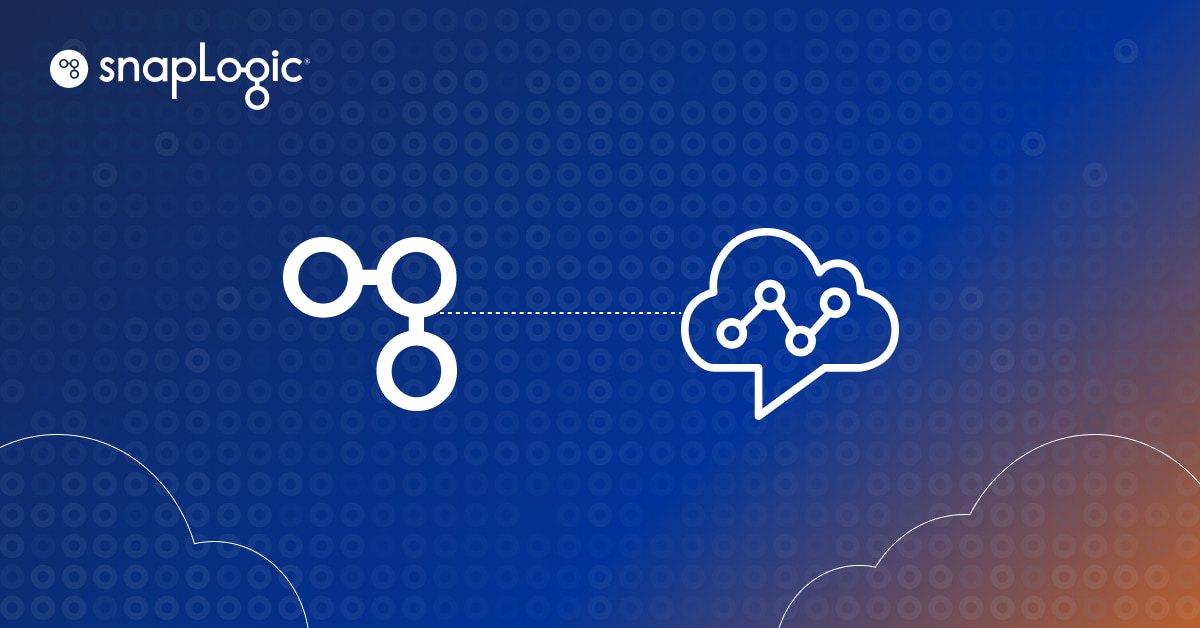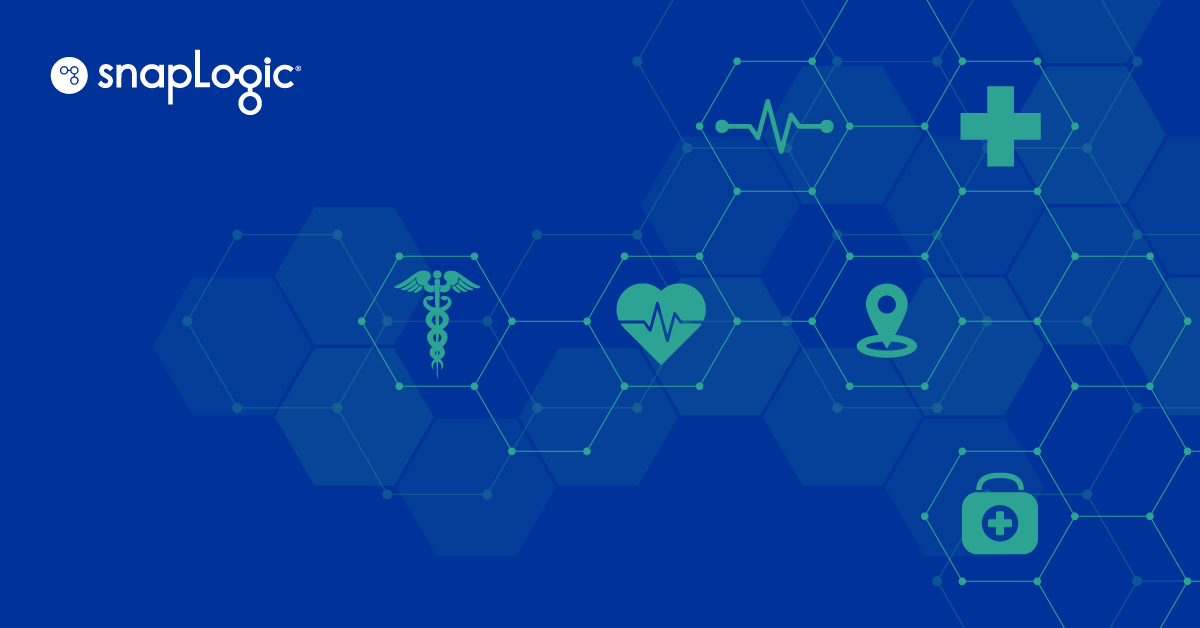Data and artificial intelligence (AI) are reshaping the healthcare industry, increasing demand for cloud-based technology and services across the spectrum. From smaller healthcare providers with limited budgets to enterprise organizations with substantial IT resources, the flexibility of the cloud allows for scale, cost reductions, and the advancement of data-driven and innovative approaches to care.
AI applications for healthcare administration: reduce manual work
AI can be used in various ways to free up some of the time that healthcare professionals spend on routine tasks:
- Automate or reduce administrative tasks like data entry, scheduling and documentation
- AI-powered chatbots to handle patient inquiries
- Potential in areas like ambient voice, voice-to-text dictation, and care gap closure
The ability for healthcare workers at all levels to automate or reduce the time spent on critical but sometimes painstaking tasks allows for more focus on patients and delivering care.
Data integration use case: wearables and monitoring devices
Every person’s medical history, status, and needs are unique and must be treated as such. But the influx of patient-provided data and app usage has given healthcare providers the opportunity to securely leverage that information to deliver truly personalized care:
- The integration of wearables and health monitoring devices can enhance preventive care and early detection
- Remote patient monitoring (RPM) and continuous glucose monitors (CGM) for diabetes can shift care from inpatient to outpatient settings
Laying the groundwork: cloud-based integration
Cloud technology providers like AWS offer secure services and solutions that can help healthcare groups of all sizes manage and analyze their data effectively. And with help from a consultative organization like Credera, providers and other healthcare businesses can navigate their use of data in the complex and highly regulated healthcare industry, with patient outcomes at the forefront.
Connecting various data streams, applications and systems is key to enabling a modern healthcare organization. An integration platform (iPaaS) can help providers connect and standardize data from various sources, dissecting data silos and providing an organized view of data. Cloud-based analytic tools with variable pricing models can provide rich insights from budgets, supporting decision-making and boosting efficiency.
While AI indeed promises a lot, the need for human expertise in analyzing complex healthcare data and making informed decisions remains constant. Humans play a critical role in continuously refining AI systems, ensuring the technology offers the best possible solutions.
As more organizations embrace data and AI as invaluable tools for efficiency, decision-making and patient outcomes, they can focus on patient care and privacy to ensure a future where technology accentuates the human touch in effective healthcare delivery.
Watch the webinar: Driving Healthcare Efficiency With Data

